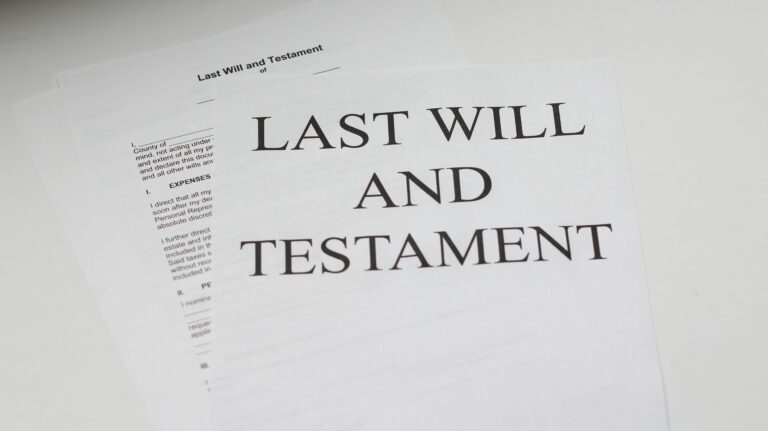
Why Is a Will So Important?
A 2020 Gallup poll found that less than half of Americans have a will or have made plans regarding how they would like their money and estate handled in the case of their death. The poll also showed that Americans ages 65 and up are the most likely to have a will.
Yahoo News’ recent article entitled “How To Write A Will: The Importance Of A Will And Living Will” says that no matter your age, it’s important to have a will to be in control of what happens with your own assets. A will is a legal document that establishes a person’s wishes regarding the distribution of their assets — money, real estate, etc. — and the care of any minor children.
Without a will, state law may control who gets your “probate” assets and when. Having a will can save an enormous amount of time and money in estate administration and the process of having a guardian appointed for your minor children, if needed.
There’s a big difference between a will and a living will. A living will is a document that lets you state in advance how you want to be treated under certain medical situations, if you’re unable to make those decisions for yourself at a later time.
These differ by state law. However, they generally cover end-of-life decision-making and treatment options. General medical decisions unrelated to end of life care are typically covered in a health care power of attorney. Some states combine these two documents into one directive.
Unlike a living will, which specifically provides instructions for medical care during your lifetime, a will lets you to decide in advance who you want to receive your assets upon your death, and who you want to be in charge of handling the administration of your estate. If you have minor children, a will also allows you to nominate a guardian for them.
When creating a will, think about the “what,” the “who” and the “how.” To do so, ask yourself the following questions:
- What assets do you have?
- To whom do you want to leave them?
- Who do you want to be in charge of making sure that happens?
- Who do you want to be responsible for your minor children?
- How do you want the assets transferred?
Reference: Yahoo News (Aug. 17, 2022) “How To Write A Will: The Importance Of A Will And Living Will”









